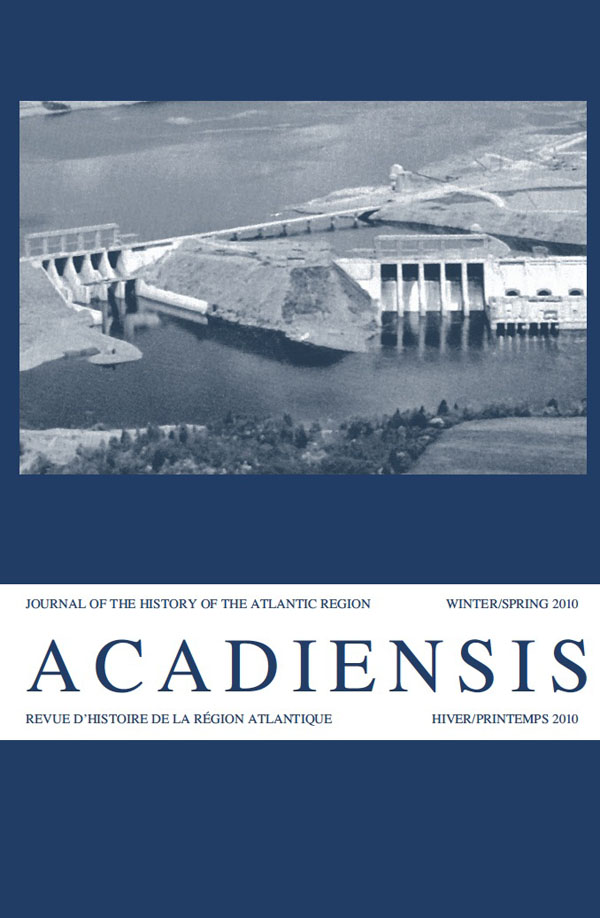Abstract
During the late 18th and early 19th centuries, New Brunswick assemblymen followed paths to the assembly that conformed to colonial British American standards. These paths included securing appointments to important local offices and accumulating wealth and economic influence. Because many first-generation assemblymen successfully transferred these assets to their political heirs, prominent social origins and the family connections that accompanied them had become important components of electoral success by the time that the colony’s second generation of elected political leaders entered the assembly during the 1810s and 1820s. This development signified the emergence of local oligarchies in numerous New Brunswick constituencies. Résumé À la fin du 18e siècle et au début du 19e siècle, les députés du Nouveau-Brunswick empruntèrent des voies menant à l’Assemblée qui étaient conformes aux normes de l’Amérique coloniale britannique. Ces voies comprenaient l’obtention de nominations à des postes importants sur la scène locale et l’accumulation de richesse et d’influence économique. De nombreux députés de la première génération réussirent à transmettre ces atouts à leurs héritiers politiques, de sorte que les origines sociales distinguées et les liens familiaux qui les accompagnaient étaient devenus d’importants facteurs de succès électoral au moment où la deuxième génération de dirigeants politiques élus de la colonie firent leur entrée à l’Assemblée, dans les années 1810 et 1820. Cette situation entraîna l’émergence d’oligarchies locales dans de nombreuses divisions électorales du Nouveau-Brunswick.Copyright for articles published in this journal is retained by the author(s), with Acadiensis being granted a non-exclusive licence to each and every right in the work throughout the world. After publication of the work, the author(s) shall have the right to self-archive the work and to reprint the work in whole or in part in books authored by or edited by the author(s) without the payment of any fee. In these other formats, however, the author or authors are required to acknowledge the original publication of the work in the pages of the journal. In the case of any requests to reprint the work, Acadiensis will require a standard permission fee -- to be divided equally between the journal and the author. In the event that such requests are received by the author(s), the author(s) shall direct such requests to the journal.

